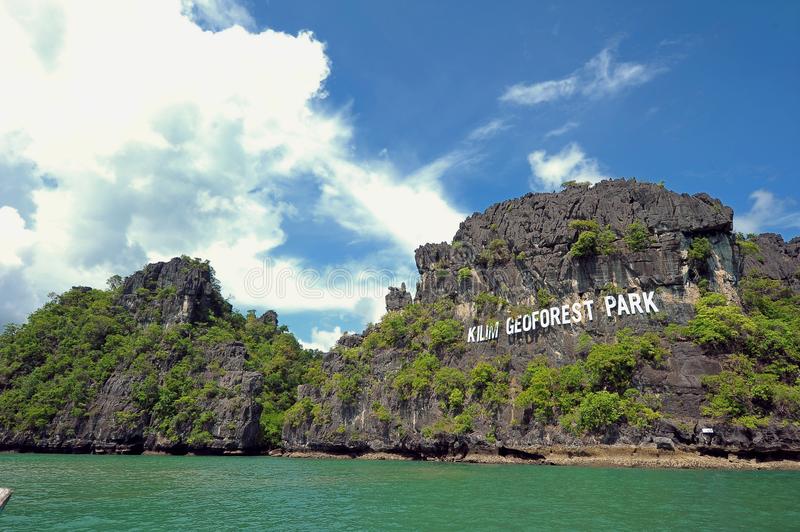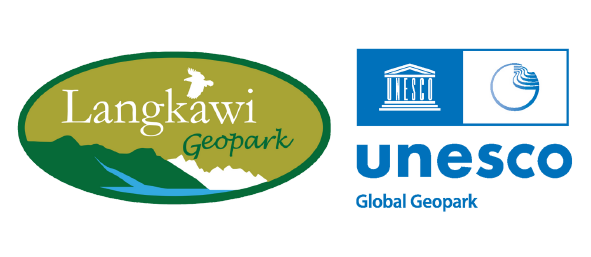UNESCO Global Geoparks (UGGps)
UNESCO Global Geoparks are areas recognized for their significant geological heritage, which is managed using a holistic approach combining conservation, education, and sustainable development.
UNESCO Global Geoparks (UGGps)
UNESCO Global Geoparks are areas recognized for their significant geological heritage, which is managed using a holistic approach combining conservation, education, and sustainable development. UGGps aim to connect people with their environment, promoting sustainable practices and protecting natural and cultural heritage.
Key Features:
- Promote awareness of geological heritage.
- Foster geotourism as a means of sustainable economic development.
- Emphasize local community involvement in conservation and education.
- Support UNESCO’s broader goals, including the Sustainable Development Goals (SDGs).
Global Networks:
Over 213 geoparks in more than 48 countries form the Global Geoparks Network (GGN), facilitating collaboration, knowledge exchange, and joint initiatives.(2024)
Working Group of Island Geoparks
Island Geoparks Working Group is an exchange platform for UNESCO Global Geoparks which include in their territories at least one whole island. A unique geographic environment, such as a remote island, affects various fields of the geopark’s activities and management issues. Islands often host distinct geological features and biodiversity but face vulnerabilities like limited resources, climate change, and isolation.
A unique geographic environment, such as a remote island, affects various fields of the geopark’s activities and management issues. There are also many challenges that the island areas face due to their location, e.g. raising a united sense of awareness among local inhabitants, promotion of geotourism, attracting visitors from overseas as well as facilitating exchange of the local residents, especially children, with communities from other regions.
Key Features:
- Address challenges unique to island geoparks, such as resource management and resilience to natural disasters.
- Promote sustainable island development through geotourism and education.
- Facilitate collaboration between island geoparks to share best practices and solutions.
Benefits for Island Geoparks:
- Networking: Enables island geoparks to connect with similar sites for support and knowledge exchange.
- Advocacy: Highlights island-specific issues within the broader GGN.
- Capacity Building: Offers specialized training and resources tailored to island geopark needs.
Island and Coastal Areas / Water / Ocean Working Group

Relevance to Langkawi UNESCO Global Geopark
Langkawi Geopark, as an island geopark, benefits from these frameworks through its inclusion in global networks. It contributes to and learns from the Working Group of Island Geoparks, implementing strategies to balance tourism, conservation, and community well-being. This alignment enhances its capacity to address challenges like climate resilience and sustainable development.
